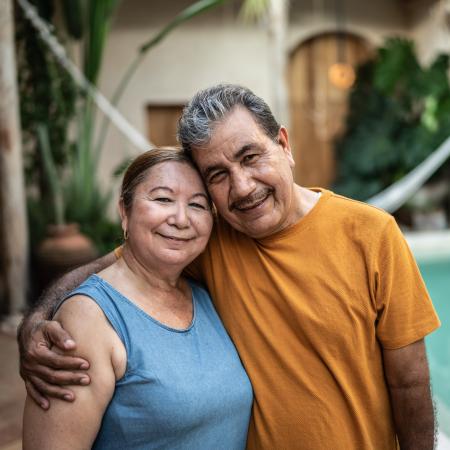It is important to have medicines that can treat diseases and conditions in anyone, regardless of their background.
This starts with clinical trials. Many biological and environmental factors, such as genetics, race, ethnicity, age, sex, gender, and where you are born can impact how you may respond to a medicine. Even where and how you live, work and play can affect your health, your risk for disease, or your response to treatment.
When clinical trial participation reflects the diversity of our communities, the more we learn about potential medicines, including how they work for different people. Everyone needs to be represented.






